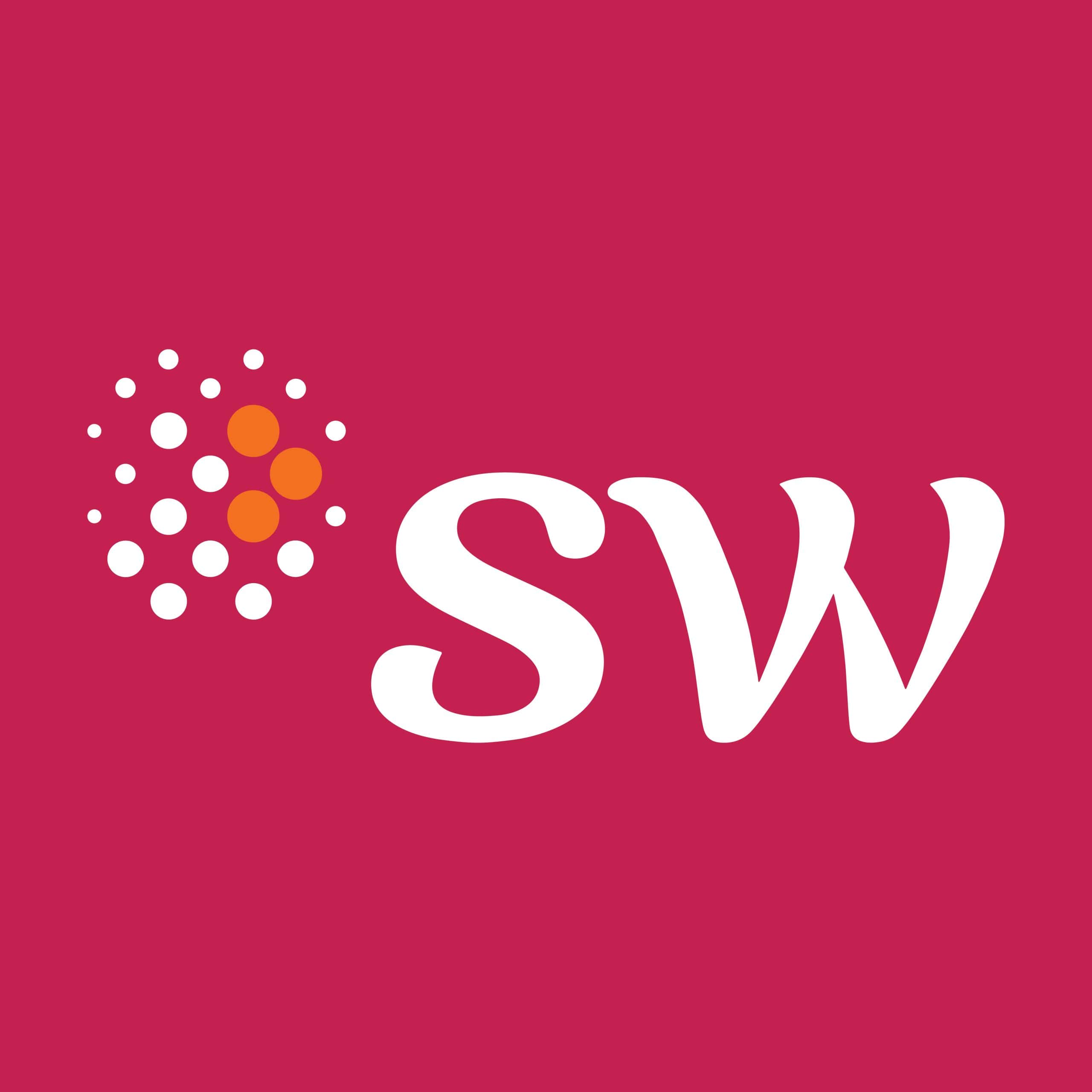30th of June is often the deadline for submitting the Audited Financial Statements of the companies that have bank loans in Indonesia. Although there are no written and uniform rules, SW Indonesia has bank debtor clients who are directed to this deadline. Banks use Audited Financial Statements as a source of information related to credit decisions. Credit decisions are based on the Audited Financial Statements to determine risk, loan interest rates, and required guarantees.
Table of Contents
Submission Requirements and Consequences of Delay
The terms and conditions that must be met depending on the policies of each bank. In general, Banks require debtors to submit Audited Financial Statements no later than 180 days after the closing date of the book. If the Audited Financial Statements close on December 31, 2021, the Company must submit them to the bank no later than June 30, 2022. A delay in submitting Audited Financial Statements could possibly harm the Company since the delay is a form of violation of credit provisions (debt covenants). This could increase loan interest rates, and requests for additional collaterals, and decrease the credit loan ceiling.

SW Indonesia’s Audit Services and Purpose
SW Indonesia provides audit services on financial statements through its Public Accounting Firm (KAP) Suharli, Sugiharto & Partners. The purpose of the audit is to provide reasonable assurance that the financial statements have been prepared in accordance with financial accounting standards and free from material misstatement, whether due to fraud or error.
Stages of SW Indonesia’s Risk-Based Audit
The audit conducted by SW Indonesia is a risk-based audit, which means that the audit approach starts from planning, execution, and reporting the audit results based on the risk priorities that have been determined by conducting a risk assessment. The stages of a risk-based audit carried out by SW Indonesia are as follows:
1. Pre-engagement Stage
This stage includes analysis of client acceptance, allocation of audit team work hours, issuance of engagement letters, issuance of audit assignments, filling in independence statements, and communication between engagement teams. Client acceptance analysis is performed with “Know Your Service User” procedures, including a preliminary survey to understand the business background, and management integrity check and if there is no indication to be involved in money laundering.
2. Risk Assessment Stage
This stage includes determining initial materiality, preliminary analytical procedures, understanding the Company’s environment and business, determining inherent and control risks, and assessing corporate governance. The auditor will design the audit plan under the risks that have been identified to detect possible material misstatements in the financial statements.
3. Risk Response Stage
This stage is the stage of audit fieldwork. The auditor will prepare a worksheet and working papers as a form of documentation of audit evidence and procedures performed. At this stage, the auditor will conduct a review of accounting policies, going concerns, transactions with related parties, and others.
4. Completing & Reporting Stage
This stage includes final materiality assessment, final analytical procedures, reviewing financial statement disclosures, completing audit working papers, evaluating audit evidence, and preparing an Independent Auditors’ Report.
SW Indonesia’s Timeline for Audited Financial Statements
SW Indonesia generally has the following timeline:
- Months of June – August: the process of accepting new clients or continuing engagements with existing clients;
- Months of September – December: the process of conducting a preliminary (interim) audit;
- Period January 1 – 31: deadline for submission of Audited Financial Statements for subsidiaries of companies listed on foreign capital markets;
- Period February 1 – 28/29: deadline for submission of Audited Financial Statements for subsidiaries of companies listed on the Indonesia Stock Exchange;
- Period March 1 – 31: deadline for submission of Audited Financial Statements of companies listed on the Indonesia Stock Exchange, banks, and other financial institutions;
- Period April 1 – 30: deadline for submission of Audited Financial Statements to be attached to the submission of the annual corporate tax report;
- Months of May – June: deadline for submission of Audited Financial Statements for bank debtors and companies that are approved late in submitting corporate annual tax reports under tax regulations.
SW Indonesia has been registered in various regulatory agencies and professional organizations, domestic and abroad. It is registered in the Institute of Certified Public Accountants in Indonesia, Ministry of Finance Republic of Indonesia, Financial Services Authority, Financial Audit Board, Banking, and PCAOB. In addition, SW Indonesia has been approved as an international workplace for overseas professional organizations such as ACCA, ICAEW, and CPA Australia. Its registration is obtained through a series of assessments from regulators and associations that are required to comply with quality standards, operational management, professional services, responsive behavior, commitment to human resource development, and other international standards that make SW Indonesia a world-class professional organization.
Looking for professional assistance with your audited financial statements? Trust SW Indonesia and our team of experienced auditors at Suharli, Sugiharto & Partners. With our commitment to delivering high-quality services and adherence to international standards, we ensure that your financial statements are prepared accurately and in accordance with accounting standards. Contact us today at +62 2993 2132 or email us at [email protected] to discuss your auditing needs and take a step towards financial transparency and success.
